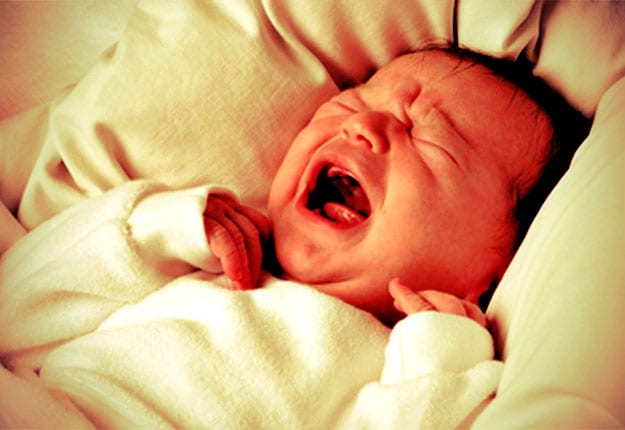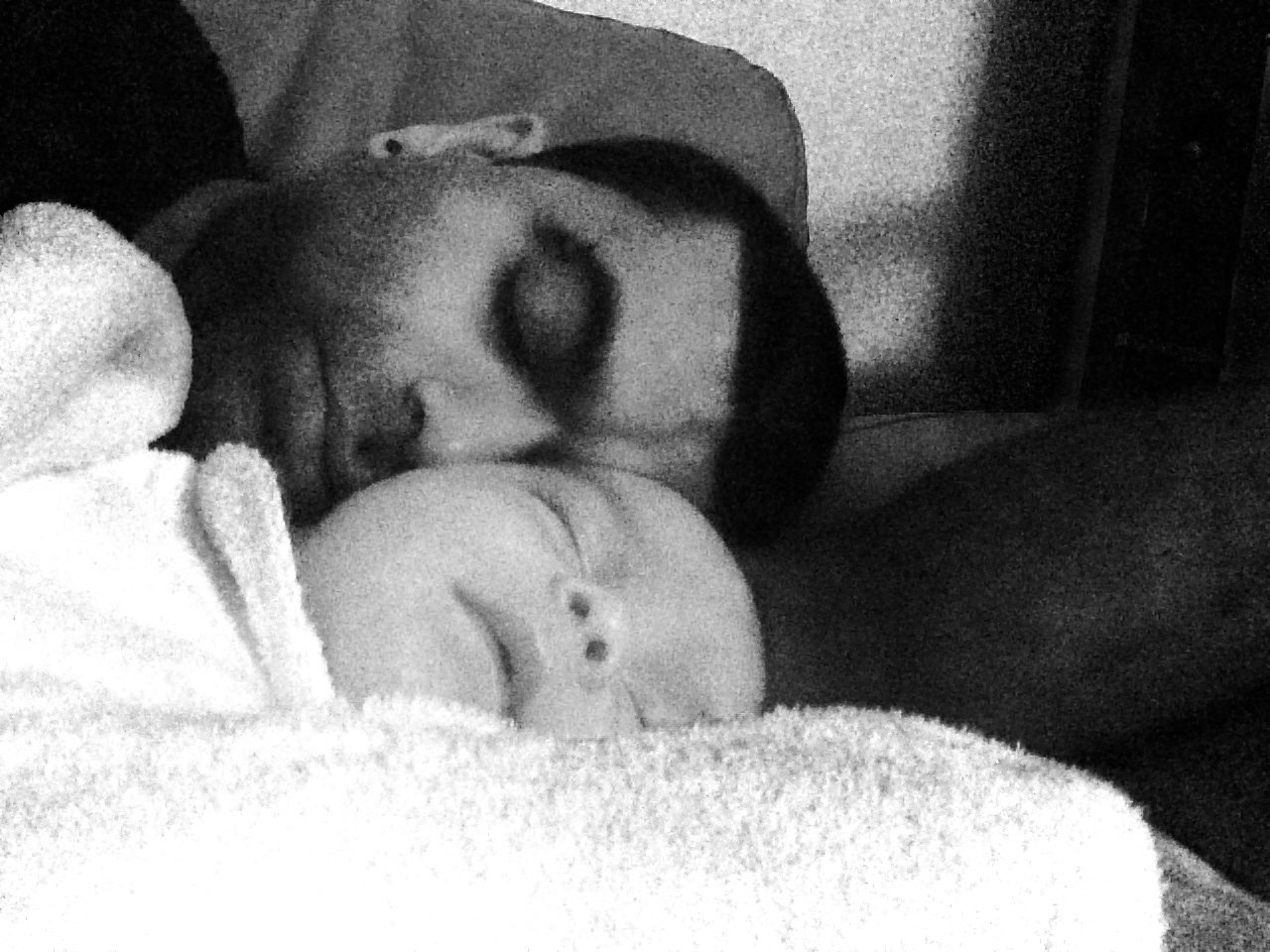A controversial study has found that control crying has no adverse long-term effects on a child.
The study shows leaving your child to cry does not affect their emotions, behaviour or attachment to parents and in fact provides significant sleep benefits to the baby.
Lead study researcher, Flinders University’s Associate Professor Michael Gradisar, said the saliva of 43 babies was tested for cortisol levels to see if the babies subjected to the contentious sleep-training method suffered extra stress compared with babies using other means to get to sleep.
Researchers also monitored the babies’ sleep patterns to determine if those whose parents used controlled crying did in fact get more sleep.
“The controlled crying group did very well, so that the time taken for infants to fall asleep had large improvements as well as the amount of time they spent awake during the night,” he said.
“And we didn’t find that the technique led to increased chronic levels of cortisol, which in reflection makes sense because you’re talking about a technique that generally takes three nights to implement and as much as it is stressful over those three nights, you’ll probably need something a lot more longer term to produce elevated chronic levels of cortisol in a human being.”
Researchers tested two infant sleep training interventions commonly recommended for babies who have night time sleep troubles past about six months of age: graduated extinction, as well as a “gentler” method called bedtime fading, in which parents gradually delay infants’ bedtime each night in hopes that sleepier babies will doze off more easily.
Compared to a control group, researchers reported, infants whose parents used the graduated extinction method fell asleep an average of 13 minutes sooner and woke up significantly less often during the night.
At the same time, there was no significant differences in stress levels based on salivary cortisol readings of the infants, parental stress or mood, or measurements of parent-child attachment.
But for parents who remain anxious about letting babies cry, Michael Gradisar, PhD, director of the Flinders University Child & Adolescent Sleep Clinic, and colleagues said the bedtime-fading group showed nearly as large a decrease (10 minutes) in the amount of time it took for babies to fall asleep, and this group saw no change in the number of night time awakenings compared to the control group.
The results of the decade-long Flinders University research have been published in the American Pediatrics journal.
Share your comments below.
Image stock photo




















-

-
-
fatty82 said
- 10 Jul 2016
-

-
-
BellaB said
- 25 May 2016
-

-
-
meedee said
- 25 May 2016
-

-
-
rachelvk said
- 25 May 2016
-

-
-
mom156049 said
- 25 May 2016
-

-
-
Yasmina Elkadi said
- 25 May 2016
-

-
-
mom67623 said
- 25 May 2016
-

-
-
mom111362 said
- 24 May 2016
-

-
-
june11 said
- 24 May 2016
-

-
-
mum4107 said
- 24 May 2016
-

-
-
mom183717 said
- 24 May 2016
-

-
-
mom81879 said
- 24 May 2016
-

-
-
sharna_booth_weinrowski said
- 24 May 2016
-

-
-
mom160421 said
- 24 May 2016
-

-
-
Nas01 said
- 24 May 2016
-

-
-
youngoldlady said
- 24 May 2016
-

-
-
mom90758 said
- 24 May 2016
-

-
-
Thejoysof3boys said
- 24 May 2016
Post a comment9:26 pm
11:16 am
10:00 am
9:29 am
9:19 am
-

-
-
mom90758 replied
- 25 May 2016 , 1:16 pm
Reply8:55 am
7:00 am
10:58 pm
9:44 pm
9:24 pm
9:24 pm
6:48 pm
6:37 pm
6:35 pm
6:03 pm
5:40 pm
5:19 pm
4:05 pm
To post a review/comment please join us or login so we can allocate your points.